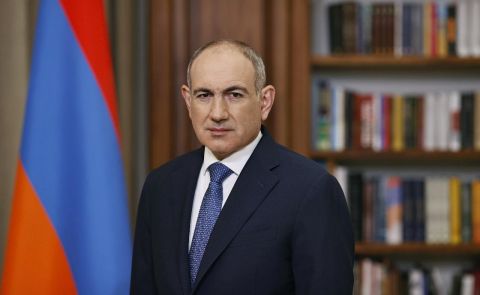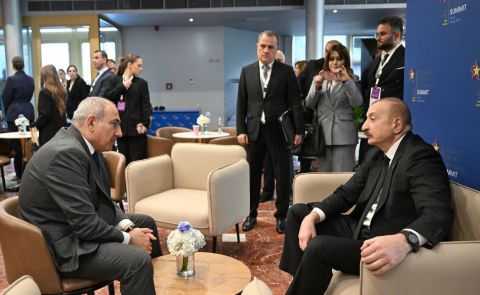
High-level Eastern Partnership Seminar held in Sweeden
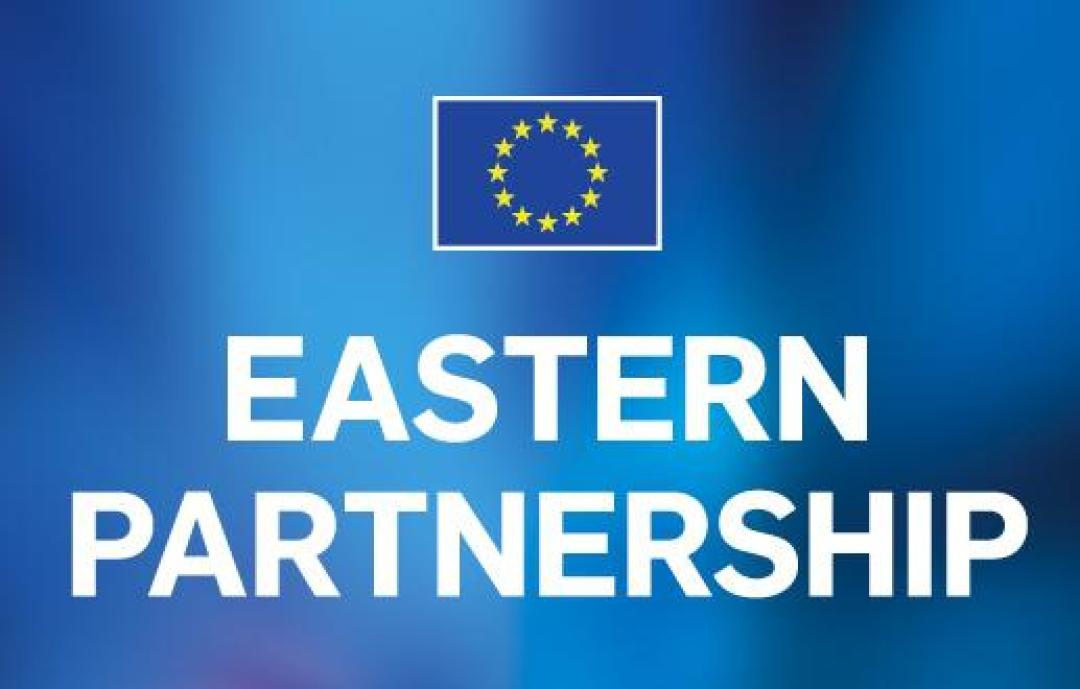
From 4 to 6 November, the European Commission and the Swedish Ministry for Foreign Affairs hosted a high-level seminar with representatives from the Eastern Partnership (EaP) countries. It was an occasion to take stock, discuss the progress made and to highlight the next important steps for the on-going consultations on the future of the Eastern Partnership. The Armenian, Azerbaijani and Georgian Foreign Ministers, Zohrab Mnatsaknyan, Elmar Mammadyarov and Davit Zalkalian respectively, were all present in Stockholm sharing their countries’ views on the EaP.
In her opening speech, the Swedish Foreign Minister Ann Linde spoke about the key priorities based on the Eastern Partnership, which are a necessary precondition for deepening cooperation between the European Union and its Eastern partners. In particular, she noted that the Eastern Partnership agenda should focus on priorities and common values such as democracy, justice, human rights and equal opportunities. “When we speak about the significant changes that the Eastern Partnership has brought to each partner country, we forget to acknowledge that the Eastern Partnership itself has transformed the EU. The EU no longer mentions the post-Soviet countries, but rather calls them European partners,” she stated.
Armenia
The Armenian Foreign Minister Zohrab Mnatsakanyan highlighted the importance of the EU values that play a significant role for his country. “I think strategic significance of it just [fuels] me. Remember 30 years ago, exactly 30 years ago, the fall of the Berlin wall, the triumph of freedom, the prevalence of that ideology, democracy, human rights - these all matter now. The strategic map of the world was very different compared to what we have today. I do claim that the Eastern Partnership is not a neighbourhood, it’s the eastern flank of Europe,” he said.
Mnatsakanyan also added that the “other biggest challenge” were values, precisely shared values between the EU and Armenia. “We have to [accept and] admit [that] there is a devaluation of our shared values. Yes I represent the country, where we have been through a big event, the velvet non-violent revolution last year. We have been through big problems, we have been through tragedies, but it was possible to build-up that kind of revolution, since there was a process, at the heart of which stood the European concept, the European shared values,” he continued. “Shared values have a lot of pressures and not just in Eastern Partnership. Democracy, human rights, our accountability before people, and they are very good for resolving conflicts, unlike the authoritarian regimes. Then, we have to pay attention to it as well: shared values, what is happening in the European Union. We have to be very open about this,” he highlighted.
The Armenian Foreign Minister also pointed out that a mutual cooperation in security challenges between the EU and Armenia would be a possible future direction within the partnership. “I am squaring it in the broader picture of the challenges, [the] security challenges that we are facing in the world today, not [only] individually. [W]e all have different security challenges, not merely collectively, but globally, [within] the context of Europe. I think, this is where we have to keep on calculating what [the] Eastern Partnership [is within] the broader context of Europe. We have very important instruments and tools, and you have been discussing that. These are very important things: from digitalization to TENT to all the other things that we have, rule of law, democracy, to small and medium size enterprises - these are the instruments. But I’m looking at the strategic significance of the Eastern Partnership, and that’s where I see the value of it for the next 10 years,” he pointed out.
When asked on how he sees the playing ground between the EU and Armenia in the coming 5-10 years, Mnatsakanyan said that “developing the shared, value-based relationship, the Comprehensive and Enhanced Partnership Agreement (CEPA), basically, gives us that absolute opportunity to raise the level of our development according to the model we are striving at… the sectoral cooperation within CEPA gives us that opportunity”. “The European Union has been an important security provider in terms of both the institutional strength [and] institutional capacities. [T]he values that mattered for 28 years [will continue] to matter. This is the [space], we believe in, we work with, and this is very important. This is how it’s going to continue,” he said.
On the question what Armenia could offer the EU, Mnatsakanayn stated that “Armenia is very comfortable in its playground, the Armenian people have been contributing to the collective sense of the shared security, the shared development. [T]his is what is important for all, let alone wine, brandy, good creative education, good smart development, but those are specific, practical things.” He outlined that a “structured conversation” needed to be further expanded upon in the coming in years in order to “find ways [to] contribute mutually to what is good [for] all of us.”
On the side-lines of the seminar, Mnatsaknyan also met with the Director General of the Swedish International Development Agency (SIDA) and signed an agreement on the development of cooperation between Armenia and Sweden.
Azerbaijan
The Azerbaijani Foreign Minister Elmar Mammadyarov spoke on the economic potential between the EU and Azerbaijan, as well as sharing his views on the future directions in this relationship. “Azerbaijan is in the moment of reflection about what EaP gave and where it is going; what the next decade of EaP can bring; how attractive its instrument or mechanism will be for Azerbaijan; how a structured dialogue can be different from the previous kind of dialogue; will there be more commitments or real, tangible opportunities. It is absolutely obvious that we ask such questions and take a time to reflect on what the value-added was of EaP for Azerbaijan’s relations with EU for the past 10 years. We hear various ideas, including some thoughts about expanding EaP or creating its institutional framework. Azerbaijan prefers the one-at-a-time approach. We must be pragmatic and to some extent realistic,” he stated.
He then spoke on the main areas of economic cooperation between the EU and Azerbaijan, namely energy, connectivity and Small- and Medium-sized Enterprise (SME) development.
“I will try to bring a new element of the importance of our energy resources. First, because our natural gas is a much cleaner molecule of a fossil fuel than a pollutant coal. Second because our natural gas can serve as a perfect transition fuel for EU in its campaign to become more green, more energy-efficient. It is also about climate policy objectives. So, our gas pipeline to EU is a direct contributor to EU’s climate policy goals. See, it is both trade, connectivity (infrastructure), and environment issue,” he stated in regard to energy.
As for the connectivity between the EU and Azerbaijan, Mammadyarov said that it “should be a driver for multilateral cooperation in EaP”. “Today it is a source of stability and instrument for strengthening resilience in partner countries. This topic attracts attention, investments, financial institutions, private sector. And this is about trade. A creative trade. Not protectionism. The launch of an international multi-stakeholder initiative - Europa Connectivity Forum by the EU pinpoints the critical role of Azerbaijan and countries en route in achieving wider objectives of connectivity across continents,” he said.
“SME development is likely to remain the cornerstone of our cooperation for boosting the sustainable economic development and welfare of our citizens. Targeted economic reforms, on improving the business climate, including limited price control, lifting restrictions on repatriation of profits and technology transfer, setting no discrimination between national and foreign investors, no foreign exchange restrictions and the absence of prior authorization of foreign investments create SME-friendly environment in Azerbaijan. The EU support of small family businesses in the regions with close collaboration with “ABAD” Public Entity seeks to enhance local capacity building in rural areas fosters the formation of modern and sustainable business models in Azerbaijan. As these reforms start to deliver, the gap between the existing labour force and business requirements deserves high attention. Hence, we would welcome the EU increased support on strengthening vocational education and talent portfolio of labour force in the years ahead,” he elaborated on the SME development.
“Our priority is to diversify away from oil and gas, and in doing so, to invest more in tourism, SME development, logistics, high-tech, and agriculture,” he concluded.
Georgia
The Georgian Foreign Minister Davit Zalkaliani said that the “EU membership will remain the main goal of the Georgian foreign policy till the Georgian people believes in Europe.” “We will further continue knocking on the door of Europe… Today’s Georgia is drastically different from Georgia of ten years ago. Georgia today is not only a neighboring country for the European countries, but also a strategic partner,” he noted.
He provided its vision regarding the potential goals of the initiative beyond the 2020 timeframe. This included opening up additional avenues of integration for the associated states based on individual aspirations and political will, both in terms of the economic and cultural aspects like education, people-to-people contacts and more.
According to Zalkaliani, Georgia has an ambitious goal to take more steps in terms of fulfiling the obligations of the Association Agreement and this is clearly presented in the concept document prepared by the Georgian Government “Roadmap for integration into the EU”. Access to the united EU market represents another ambitious goal which will allow Georgia to enjoy and exploit all the four freedoms of the internal EU market. “The implementation of… reforms [requires] an exhausting effort from the Georgian side. “In the future we have to become more flexible, dynamic and future oriented. At the same time, in order to practically implement all the relevant elements of the EU acquis, along with the desire, we also need to have the effective tools and capacity,” he said.
See Also

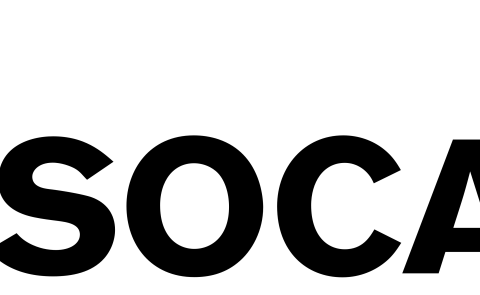
Albanian Deputy Minister Notes SOCAR Partnership Seen As Key To Accelerating Albania’s Gas Infrastructure
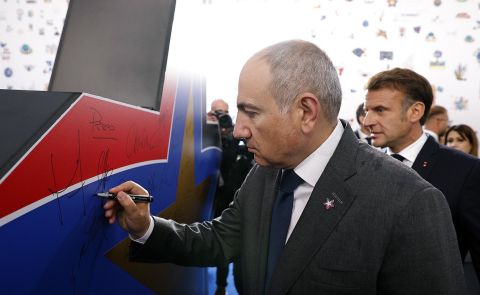
Pashinyan Affirms No Territorial Claims And Readiness To Dissolve Minsk Group, While Azerbaijan Cites Constitutional Barriers To Peace
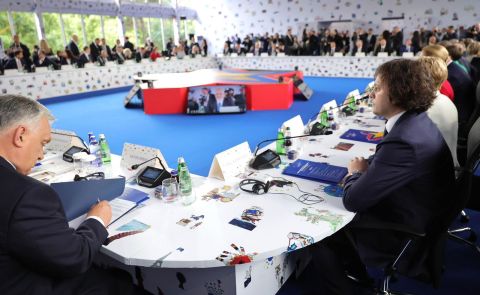
Kobakhidze Attends European Political Community Summit In Tirana
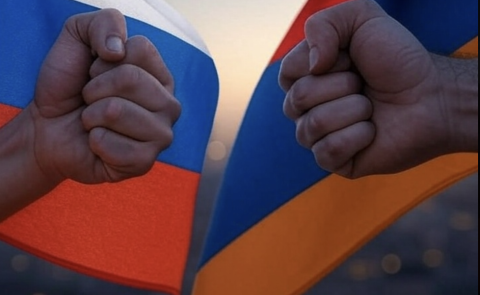
Russia Slams Armenian Military Official Over WWII Comments
